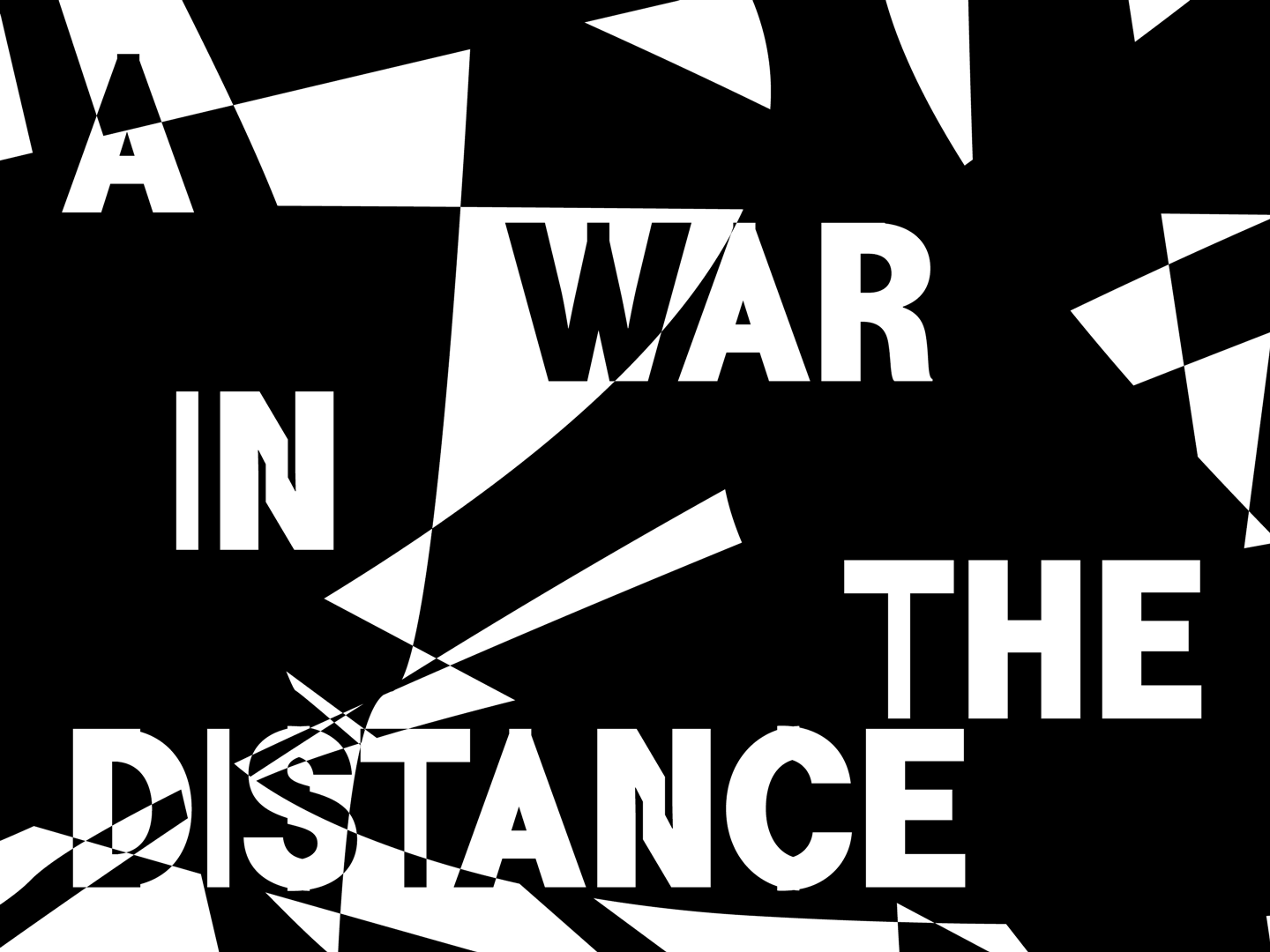Oleksandr Dovzhenko Read Bio Collapse
Oleksandr Dovzhenko was a Ukrainian film director and screenwriter, considered to be one of the founders of Soviet montage theory. Born in 1894 in the village of Vorontsovka in what is now the Cherkasy Oblast of Ukraine, Dovzhenko began his career as a painter and illustrator before turning to filmmaking. He first studied at the Kyiv Art Institute and later moved to the city of Kharkiv where he fell in with a circle of leftist writers and artists. Around 1925, he co–founded VAPLITE, an acronym for the self–styled “Free Academy of Proletarian Literature,” which promoted new literary trends with a decidedly Ukrainian focus. He then joined the Odesa Film Studios in Ukraine’s south to learn the art of filmmaking. At that time Dovzhenko was already heavily influenced by the theories of Sergei Eisenstein and the Soviet montage movement. His early films, such as Zvenyhora (1928), Arsenal (1929), Earth (1930) were highly innovative in their form and cemented his reputation as one of the foremost directors of Soviet avant-garde film. Throughout his career, Dovzhenko focused on the themes of the political struggles of the poor as well as on Ukrainian national traditions. He was very influential in the Soviet film industry, serving as the head of the Kyiv Film Studio (currently Dovzhenko Film Studios) as well as working at Mosfilm Studio. Dovzhenko died in Moscow in 1956. In 1994, the Oleksandr Dovzhenko National Centre (Dovzhenko Centre) was launched at the former Kyiv Film Factory as the largest Ukrainian film archive, preserving thousands of films and archival records from the history of Ukrainian and Soviet cinema.
